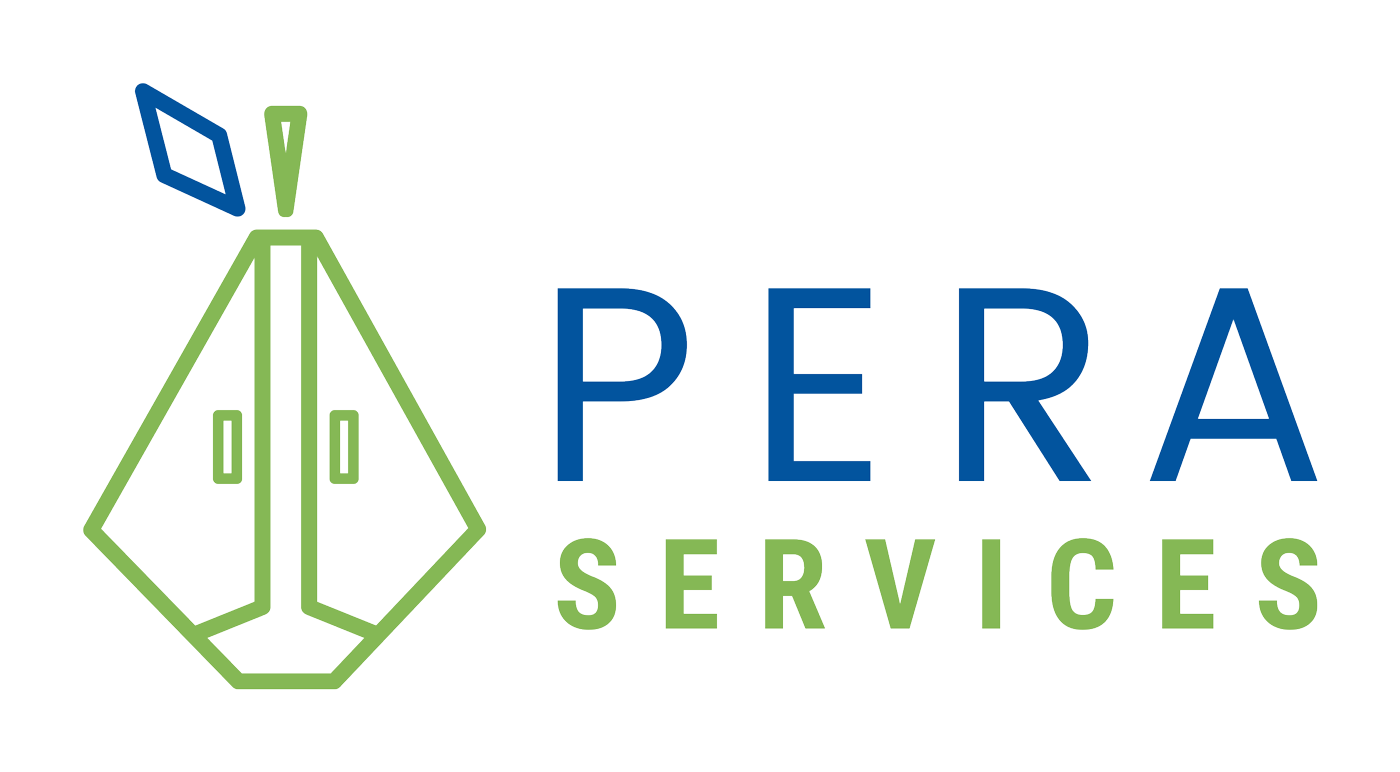Navigating Billing and Insurance: Challenges, Strategies, and Tips for School Psychologists in Private Practice
By Juliana Ramirez, EdS NCSP ABSNP
Owner and Founder of PERA Services®
Breaking away from the public school system to start your own private practice is empowering, but one area that can quickly dim the excitement is billing and insurance. From dealing with endless paperwork to navigating complex regulations, managing billing and insurance is a challenge that many private practitioners face. However, with the right information and strategies, it’s a challenge you can overcome. Let’s explore the realities of billing and insurance, along with practical tips to make the process more manageable.
The Harsh Reality of Billing and Insurance
Let’s not sugarcoat it: billing and insurance are frustrating. One of the biggest hurdles is getting credentialed with insurance panels, a process notorious for being slow and bureaucratic. It can take anywhere from three to six months—or even longer—to get approved. Some practitioners report waiting up to nine months to join multiple panels, and each application requires meticulous attention to detail.
Even once you’re on a panel, understanding and adhering to their rules can be a minefield. For example, while you can bill insurance for services like counseling and sometimes for testing, you cannot mix and match payment types. If a client uses insurance for one service, you’re required to bill insurance for all their covered services, even if you’d prefer to charge privately for certain evaluations. Violating this rule can lead to serious repercussions, including being dropped from panels.
Exploring Medicaid as an Option
For those willing to navigate additional paperwork, Medicaid offers an opportunity to serve a broader range of clients, particularly in underserved areas. If you’ve done Medicaid billing in schools, you may already have a National Provider Identifier (NPI) number, which is the first step. Next, you’ll need to apply for Medicaid in your state, a process that varies depending on where you practice. Once approved, you’ll also need to credential separately with each Managed Care Organization (MCO) operating in your area.
While Medicaid opens doors, the process can take several months to complete. However, once you’re set up, it can provide a reliable client base and consistent billing opportunities, especially for practitioners in rural or high-need areas.
The Case for Private Pay
If all this talk of insurance makes you want to run in the opposite direction, private pay might be the solution. Many private school psychologists prefer this model because it allows complete control over fees, policies, and client interactions. There’s no waiting for approvals or chasing down reimbursements from insurance companies.
Operating as a private-pay provider means creating clear and professional policies. For instance, contracts should include a no-show clause to protect your time, and you may want to offer payment plans for larger services, such as evaluations. Collecting half upfront and the balance upon service completion is a common practice. To streamline operations, keep a credit card on file for all clients, ensuring timely payments and reducing administrative headaches.
Streamlining the Process with Tools and Resources
While billing and insurance will never be completely stress-free, there are tools that can make it more manageable. One valuable resource is the Council for Affordable Quality Healthcare (CAQH). By creating a free account, you can simplify the credentialing process for insurance panels. Although CAQH isn’t mandatory, it’s highly recommended, particularly if you plan to practice across multiple states.
Another invaluable resource is professional networks. Many private practitioners join online communities, such as dedicated Messenger groups, where members share insights, offer advice, and answer questions about specific insurance issues. These networks are often lifesavers, offering real-world solutions from people who’ve been in your shoes.
Mixed Results on Billable Services
When it comes to what you can bill, counseling services are generally straightforward and covered by most insurance plans. However, evaluations are a different story. For school psychologists without a doctorate, billing insurance for testing can be particularly challenging. Even those with a Ph.D. often encounter hurdles, as insurance companies have strict requirements and policies for evaluations. If testing is a major part of your private practice, be prepared for extra effort and negotiation with insurance providers. And always remember, that every state is different.
Final Thoughts: Finding What Works for You
Navigating billing and insurance in private practice is time-consuming and often frustrating, but it’s not impossible. Start with the basics, such as obtaining an NPI and considering Medicaid if it aligns with your goals. If the complexity of insurance doesn’t appeal to you, private pay offers a simpler, more controlled alternative. Regardless of your choice, take advantage of tools like CAQH and the collective wisdom of professional networks to streamline your workflow.
Remember, you don’t have to figure it all out on your own. Building a sustainable private practice is a journey, and there’s a community ready to support you every step of the way.
Ready to Streamline Your Practice?
Take control of your billing process today. Download the School Psych Fee Calculator to confidently set your rates, or join the LEAP TO LIBERTY Masterclass for expert guidance on transitioning to private practice.
About Juliana
Juliana is a bilingual school psychologist in Independent Practice and the owner and founder of PERA Services Inc. Her business supports school districts in the state of Ohio with the evaluation of bilingual learners for Special Education. She also coaches and mentors school psychologists wanting to become independent and start a business. To learn more about her business and Juliana visit www.peraserivcesinc.com




